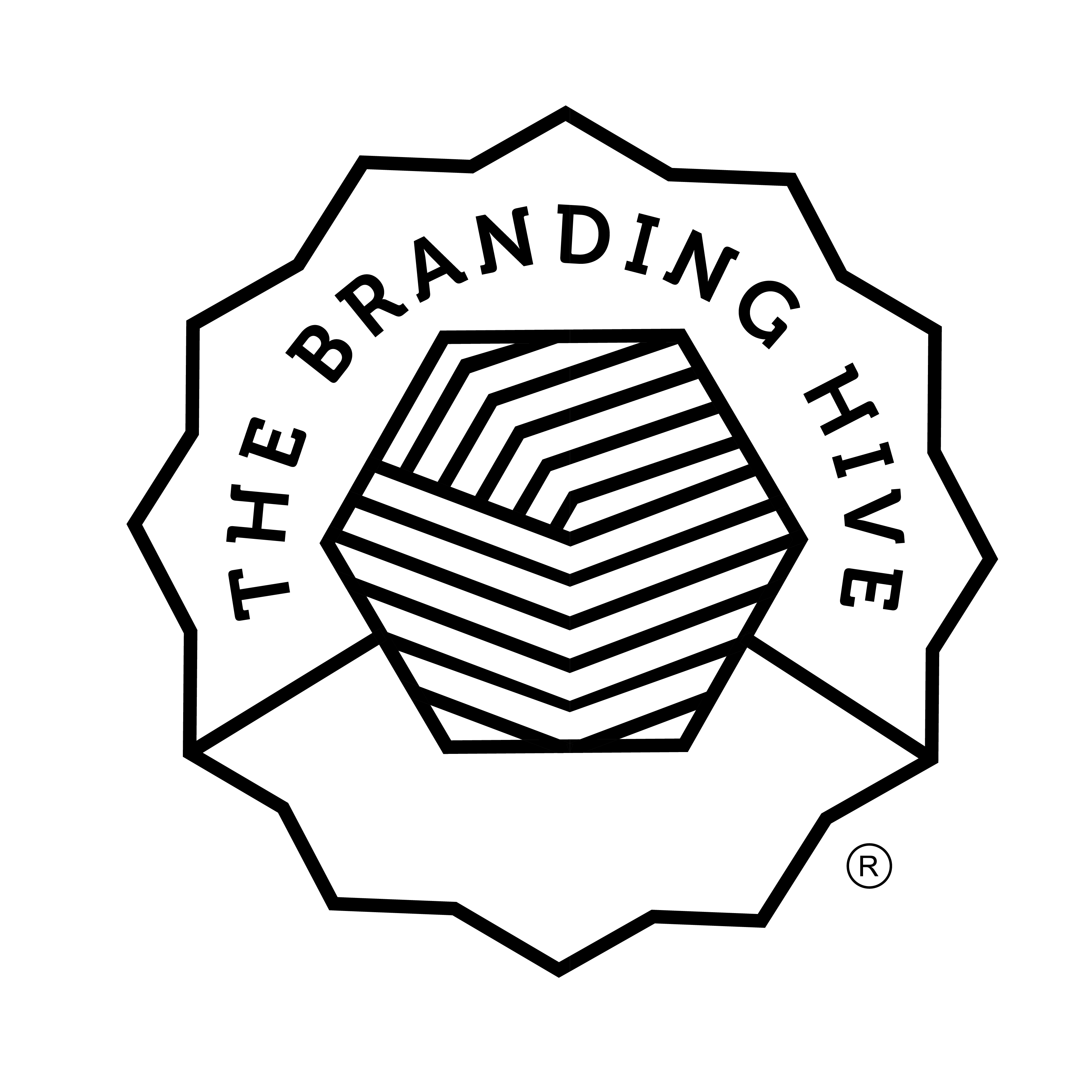Sustainability
A growing consumer demand
Commitment to Sustainability
Aligning with global climate policies is a moral imperative for brands in today’s strategic business decisions. Consumers increasingly favor companies that demonstrate a genuine commitment to sustainability, making it essential for brands to integrate eco-friendly practices into their operations.
Strategies for Brands to Align with Climate Policies
-
Set Science-Based Targets
Establish clear, measurable goals for reducing greenhouse gas emissions in accordance with scientific recommendations. The Science-Based Targets initiative (SBTi) provides a framework for setting these objectives, ensuring they are aligned with global climate goals. -
Integrate Sustainability into Core Operations
To minimize environmental impact, incorporate eco-friendly materials, renewable energy sources, and efficient production methods. Brands like Puma have successfully implemented these practices, resulting in substantial reductions in carbon emissions. -
Engage in Climate Advocacy
Participate in policy discussions and support initiatives that promote environmental sustainability. Companies can influence positive change by advocating for policies facilitating the transition to a low-carbon economy. -
Enhance Transparency and Reporting
Regularly disclose environmental impact and progress towards sustainability goals. Transparent reporting builds consumer trust and holds brands accountable for their commitments. Improved sustainability reporting, supported by emerging IFRS Sustainability Disclosure Standards, is crucial for communicating business resilience and value creation to investors.
Case Studies of Sustainable Brand Initiatives
-
Puma’s U.S. Operations (Link): The sportswear brand, while global in scope, has focused on reducing its carbon emissions in its U.S. operations by leveraging renewable energy sources and incorporating eco-friendly materials. Puma’s decision to phase out kangaroo leather is particularly significant in the U.S. market, where ethical consumerism is on the rise.
-
Ford Motor Company (Link): Ford has invested heavily in electrification, with plans to become carbon neutral by 2050. Its flagship electric vehicles, like the Ford F-150 Lightning, cater to both sustainability-focused consumers and traditional truck enthusiasts, bridging the gap between environmental goals and market demand.
-
Patagonia (Link): Known for its commitment to sustainability, Patagonia has reinforced its mission in the U.S. by funding grassroots environmental movements, using recycled materials in its products, and actively engaging in climate advocacy.
The Business Case for Sustainability
- Consumer Preference: A 2024 NielsenIQ report found that 78% of U.S. consumers are willing to pay a premium for sustainable products.
- Regulatory Compliance: Proactively adopting sustainable practices ensures compliance with current and future environmental regulations, reducing the risk of penalties.
- Investor Appeal: Environmentally conscious investing continues to grow in the U.S., with many institutional investors prioritizing ESG (Environmental, Social, Governance) criteria.
Conclusion
As global and U.S. climate policies evolve, brands must proactively align their strategies to remain competitive. By adopting sustainable practices, setting measurable goals, and engaging in meaningful advocacy, companies can position themselves as leaders in the transition to a sustainable future. This alignment not only benefits the planet but also strengthens brand equity and fosters consumer loyalty in an increasingly eco-conscious marketplace.




